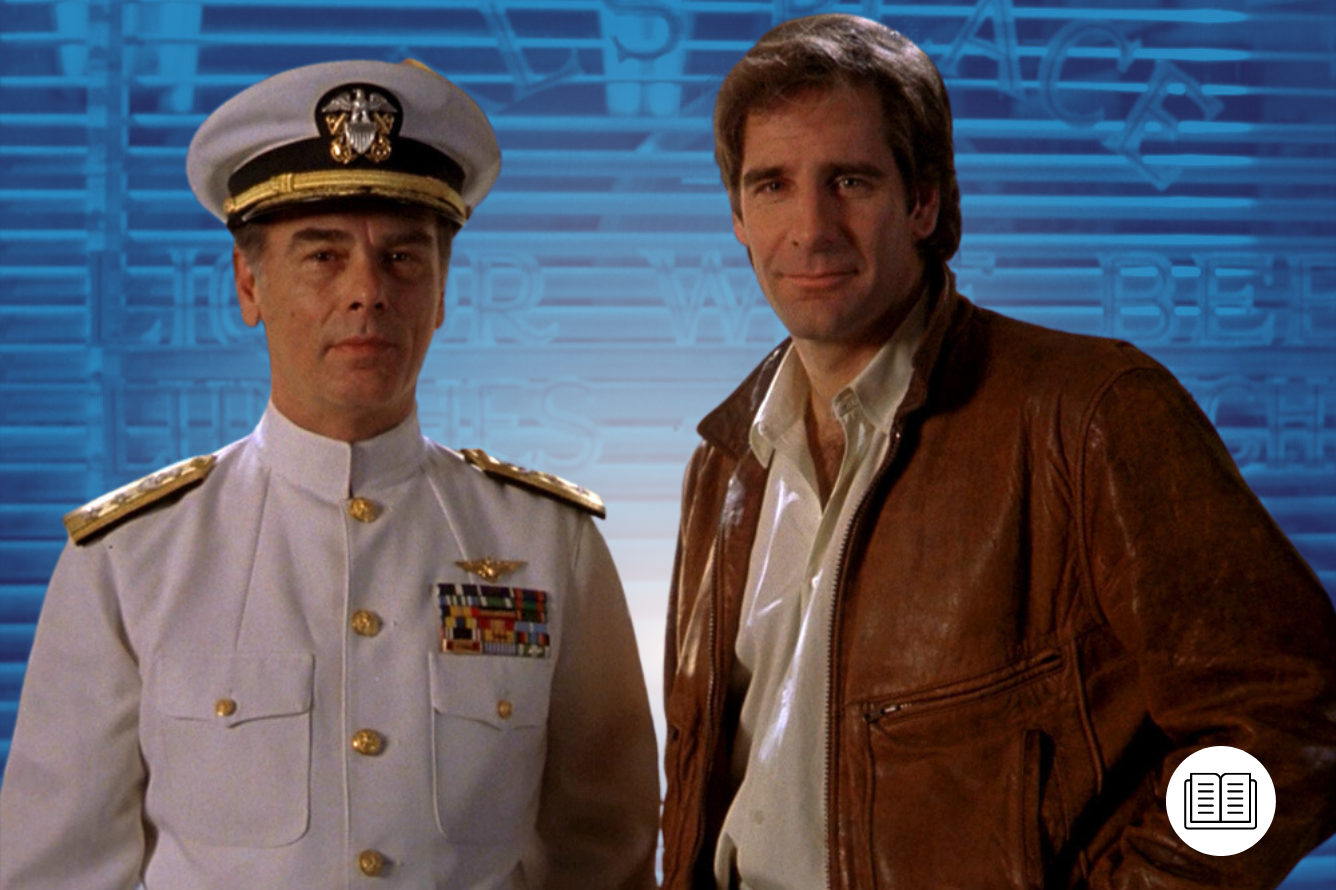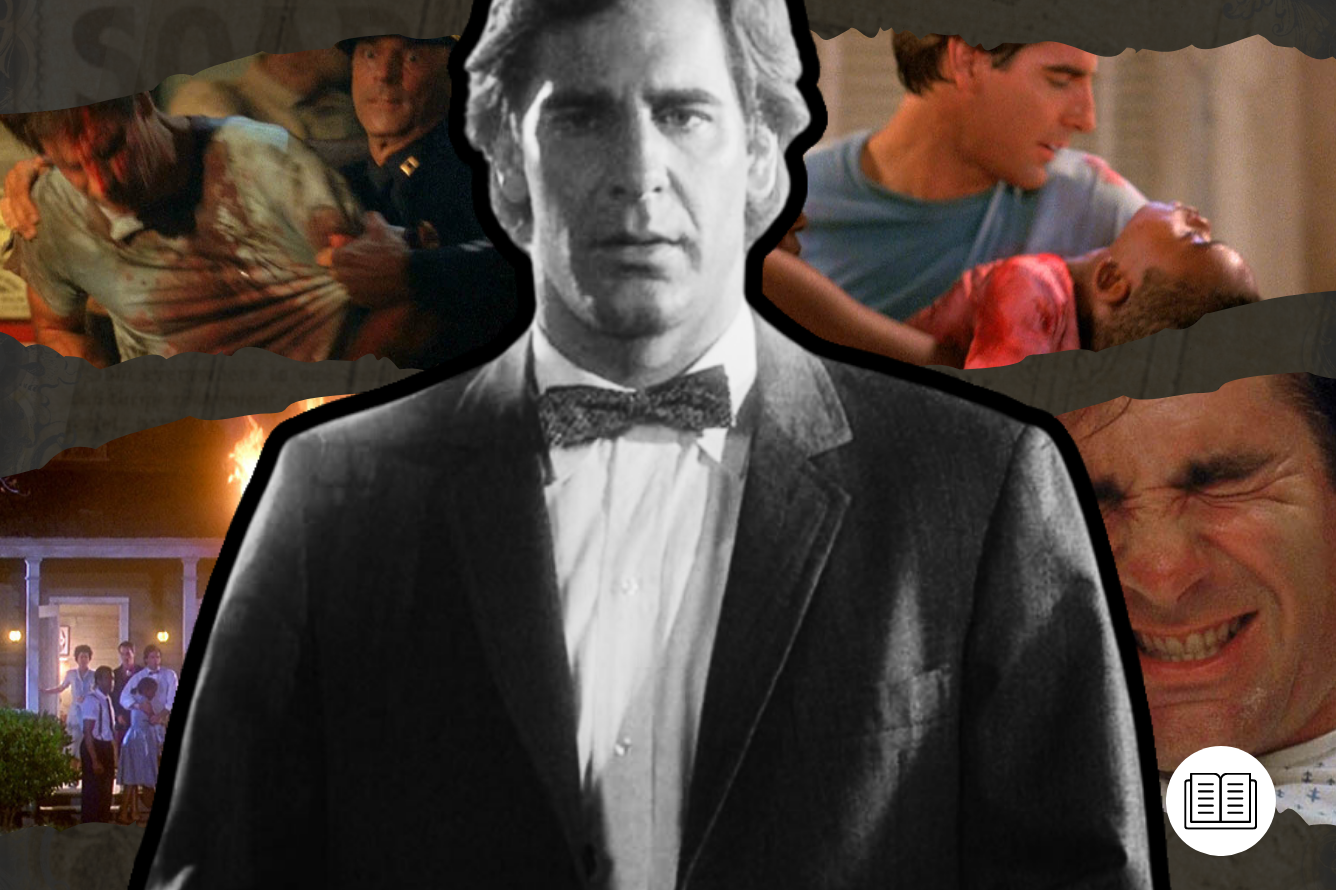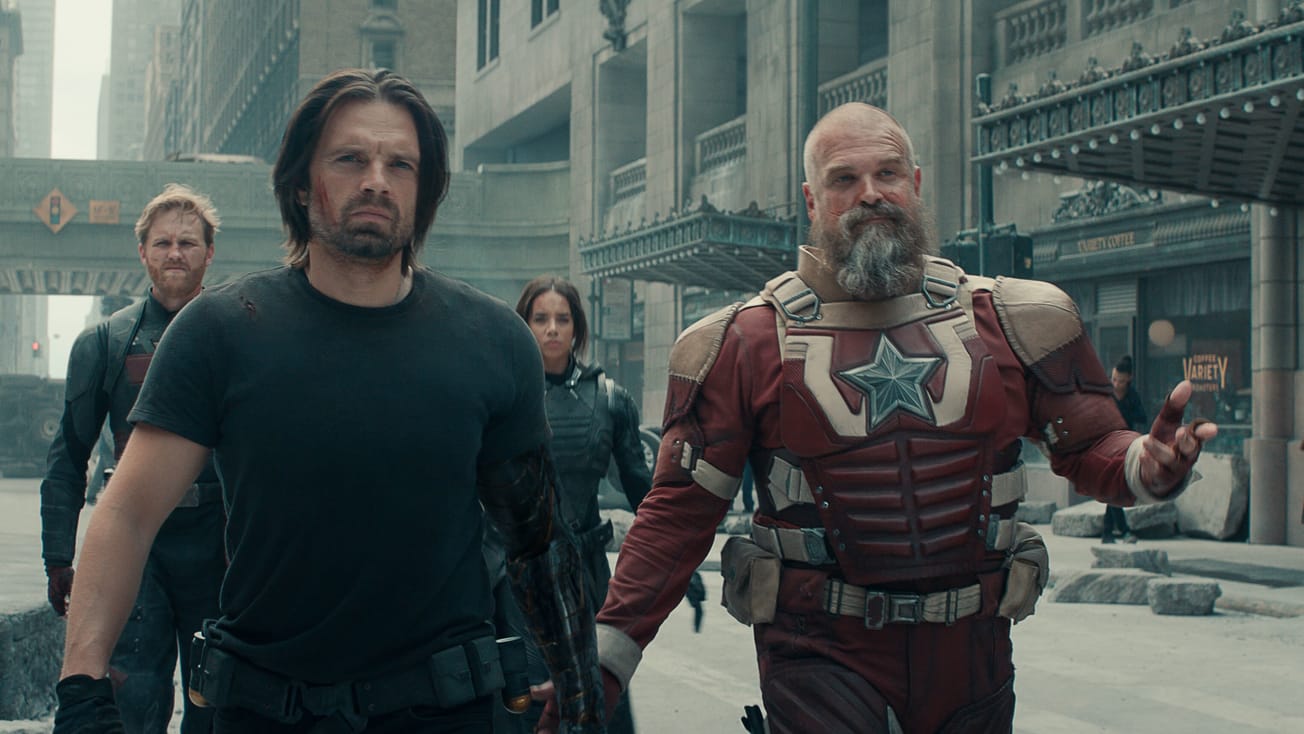“Sometimes, that’s the way it is, is the best explanation.”
In May 1993, the adventures of science fiction’s second most famous time-traveling doctor finally came to an end. After five seasons and 97 episodes, time ran out for TV’s Quantum Leap.
For four years, viewers followed the show’s hero, time-traveling physicist, Dr. Sam Beckett (Scott Bakula) as his personality was transferred from the body of one person to another usually somewhere in the USA and usually somewhere between the 1950s to the 1980s, as the result of a time travel experiment gone wrong.
Arriving and departing amidst a blinding explosion of light and sound which bookended each episode, Sam faced an unusual challenge: he was unable to move on to his next host body until he had resolved the central dilemma of whichever character he was inhabiting that week. In other words, as the show’s opening narration put it during the later seasons, he “finds himself leaping from life to life, striving to put right what once went wrong and hoping each time that the next leap will be the leap home.”
Quantum Leap first arrived on US TV screens in March 1989. The opening episode ‘Genesis: Part 1 - September 13, 1956’ (S1, Ep1), saw Sam leaping into a US Air Force test pilot in California in 1956. It was literally a pilot episode.
Right from the start, Sam didn’t know who he was, where he was, when he was, or what was going on, and didn’t recognize his own face in the mirror. Not since the days of The Prisoner had a central character of a TV series been so confused by his surroundings. This disorientation was to a lesser extent repeated week on week as Sam’s ‘soul’ was hurled from one new bodily vessel to another. One week he would be a trapeze artist, the next a college professor, a male stripper, a photographer, a brothel keeper, a blind pianist, a second-rate horror writer, a skateboarding Viking-obsessed orthodontist (at least, in theory), or something else entirely.
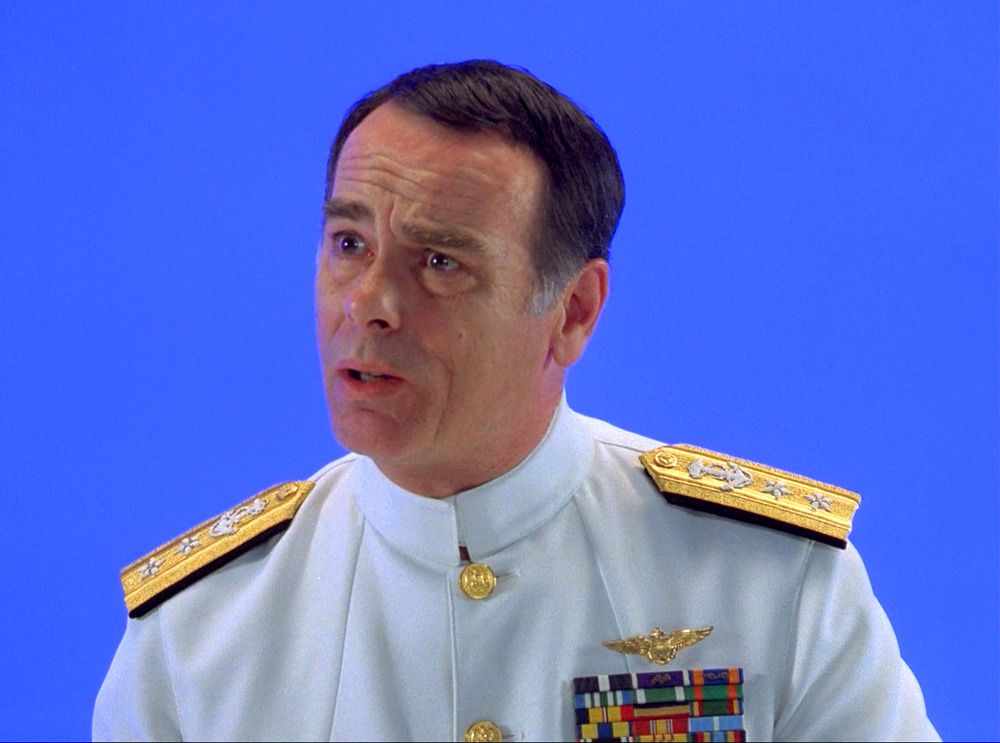
His only source of external information is Al Calavicci (Dean Stockwell), a likable, cigar-chomping human observer from Sam’s own time, the then futuristic late 1990s, who appears in hologram form, providing Sam with his best guess as to Sam’s most likely mission objectives based on data from the computer apparently running the whole thing dubbed ‘Ziggy’.
The Evolution of Quantum Leap
The premise of Quantum Leap raised many questions. For one thing, if the experiment had indeed gone “a little caca” (that is to say, been a complete balls-up) what exactly was actually supposed to have happened if it had gone right? Had Sam himself launched the whole experiment and is this why he looked so exultant as he stepped into the quantum leap accelerator during the show’s title sequence? Why was Sam’s leaping fuelled by endlessly completing historical good deeds? Wouldn’t all this tinkering with history have some knock-on effect concerning the overall fate of the world? Was Ziggy the unseen computer really running things or, as was sometimes suggested within the series, was some higher power in control, perhaps ‘God’ or even Sam himself? Furthermore, where did the personalities of the people Sam occupied go when he took them over? And how did these temporarily displaced souls adjust to life when Sam was finally ejected and they returned to pick up from where he had left off? Presumably, it was very disorientating for them.
Despite these issues, by the end of the fifth season, most viewers had a good handle on what to expect from Quantum Leap. The series was basically an excellent vehicle for Sam to enjoy a different adventure somewhere different every week. Viewers had grown accustomed to seeing the limits of the formula pushed to its extremes. Sometimes Sam would be a woman, on one occasion (‘8½ Months - November 15, 1955’ – S3, Ep12), a heavily pregnant one. On another occasion, (‘The Wrong Stuff - January 24, 1961’ – S4, Ep7) he actually found himself in the body of a chimpanzee being used in the Cold War space programme. Real historical characters were playing an increasingly major role too notably Marilyn Monroe (Susan Griffiths) in ‘Goodbye Norma Jean - April 4, 1960’ (S5, Ep18) while the Season 5 opener saw Sam occupying the body of presidential assassin, Lee Harvey Oswald.
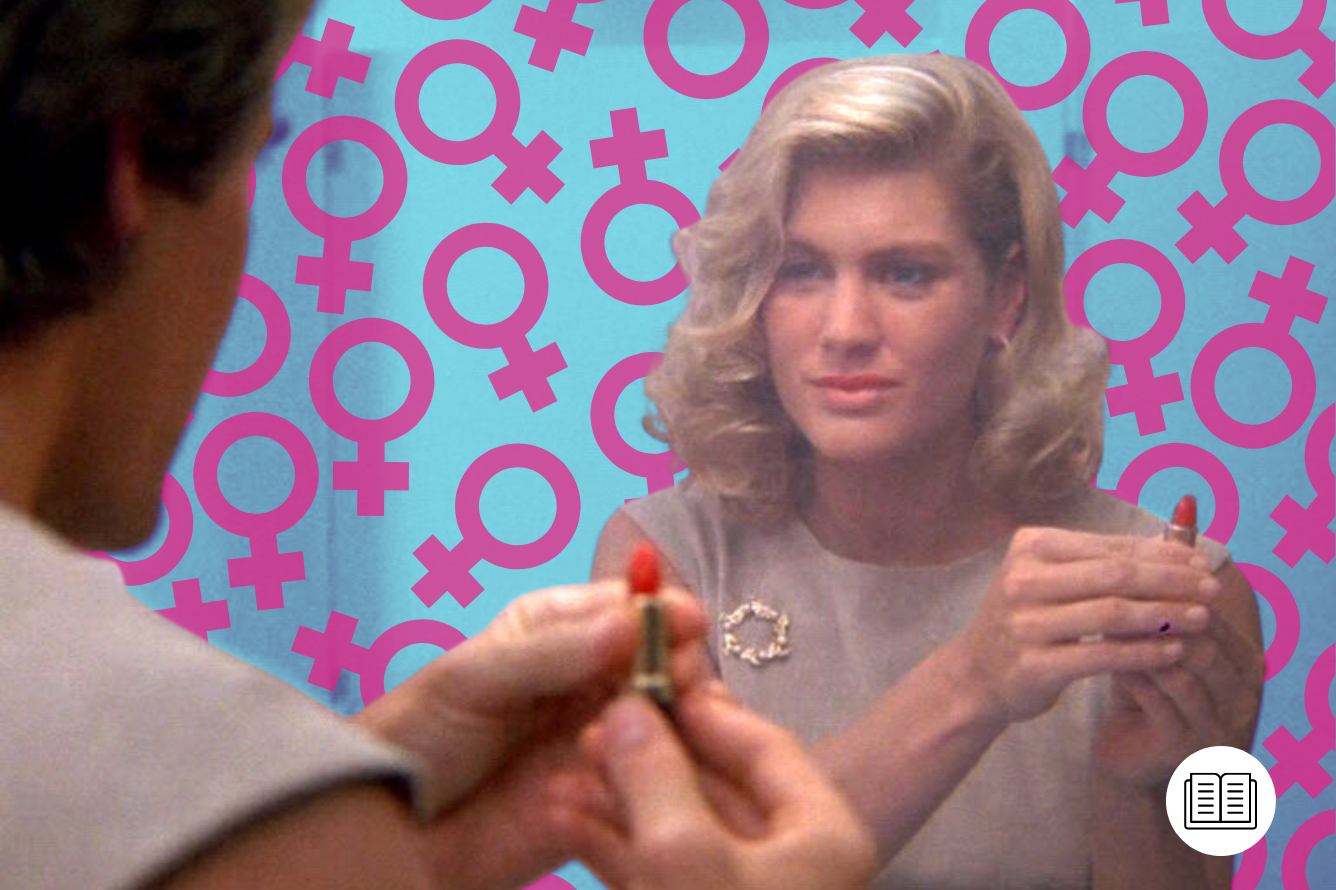
One of the final episodes, ‘The Leap Between the States - September 20, 1862’ (S5, Ep20), saw Sam, for once, jumping outside the parameters of his own late 20th century lifespan completely, finding himself in one of his ancestors at the time of the 1860s American Civil War. The final season also saw the introduction of Alia (Renée Coleman) and the Evil Leapers, revealing an alternative programme dedicated to doing the exact opposite of what Sam was doing, essentially putting wrong what once went right.
But outlandish as these examples were, the final episode was something else again.
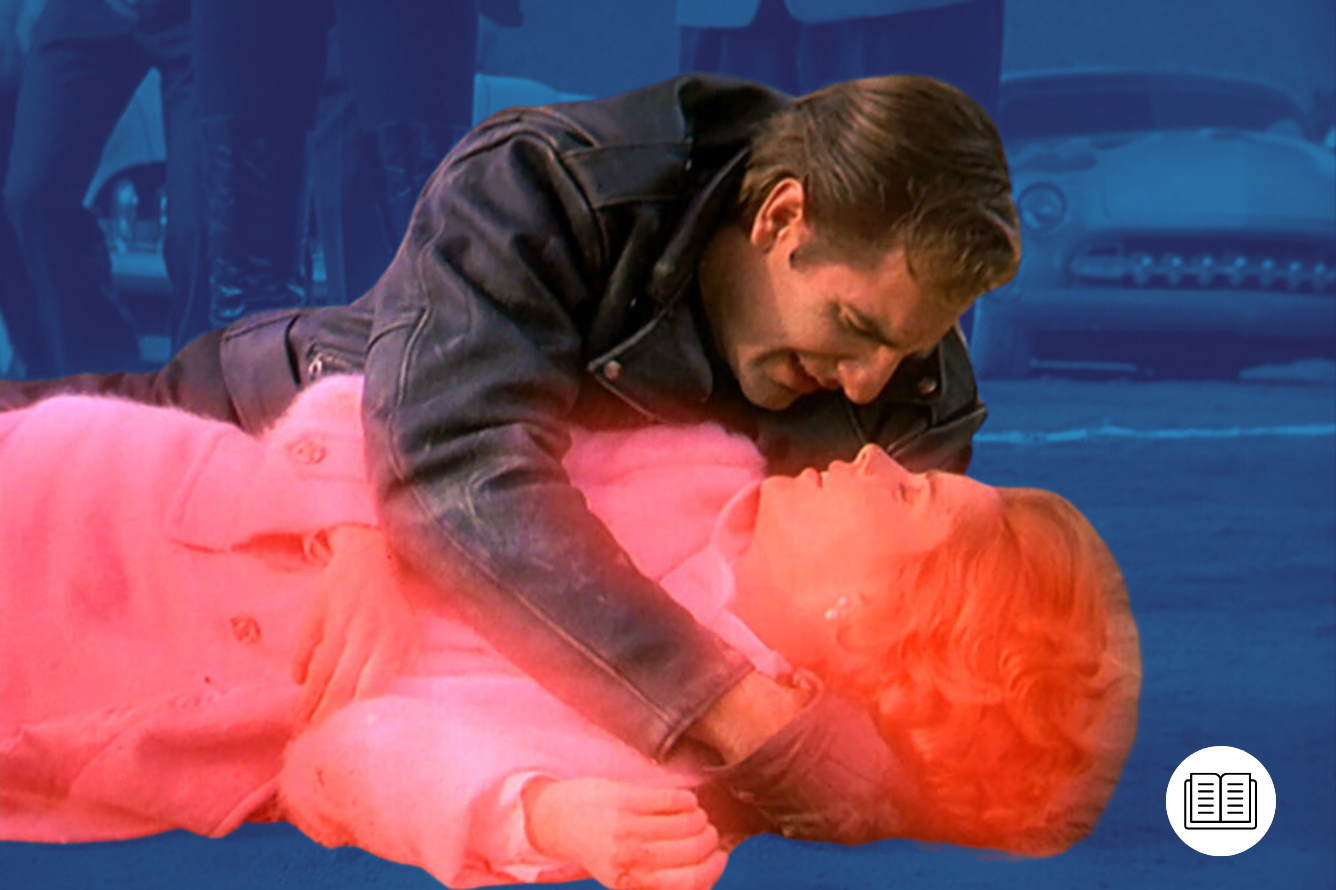
Through the Looking Glass of ‘Mirror Image’
From the outset of the final episode, ‘Mirror Image - August 8, 1953’ (S5, Ep22), it is clear to viewers that, even by Quantum Leap standards, something very unusual was happening. A familiar motif of the series is that while we the viewer always see Sam as the actor Scott Bakula, there would always be a moment when Sam would spot himself in the mirror and see whoever was playing host to him reflected back. Here, Sam actually sees himself in the mirror staring back at himself, exactly as we normally see him ourselves, for the first time ever.
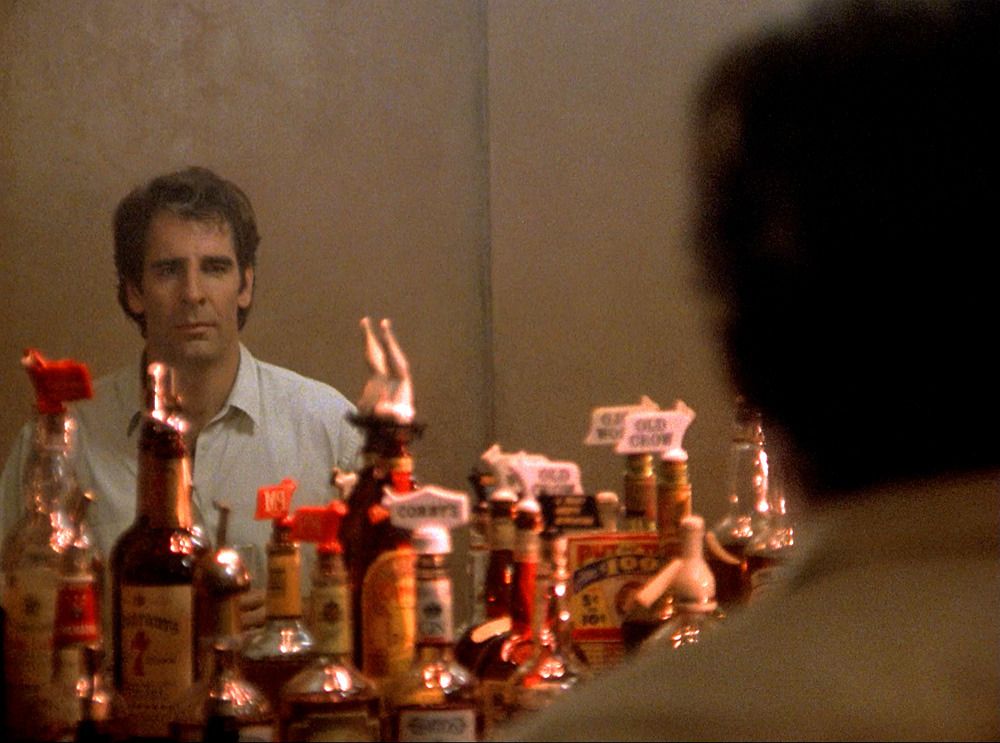
Furthermore, while Sam’s adventures have only very occasionally taken him outside the period of his own lifeline, here he has arrived on August 8th 1953, at what was apparently the exact moment of his own birth.


